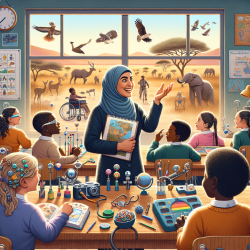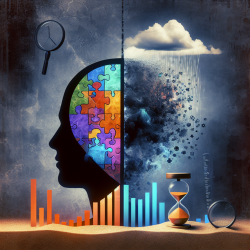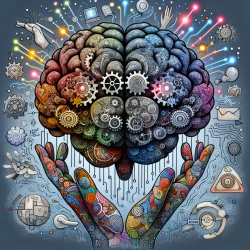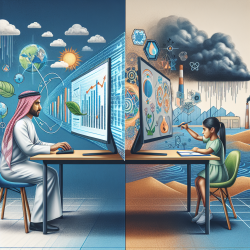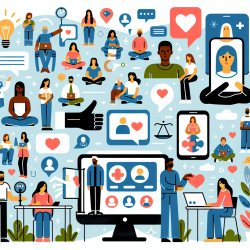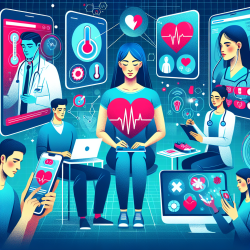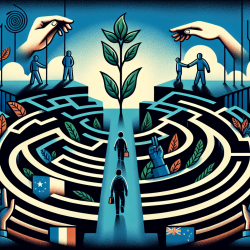The implementation of inclusive education is a critical step towards ensuring that all learners, regardless of their abilities, have access to quality education. In South Africa, the journey towards inclusivity has been marked by significant policy developments. However, the practical application of these policies often lags due to a lack of teacher training in curriculum differentiation. This is where Universal Design for Learning (UDL) comes into play as a transformative framework.
Understanding Universal Design for Learning
Universal Design for Learning (UDL) is an educational framework that aims to optimize teaching and learning for all individuals by providing multiple means of engagement, representation, and action and expression. Developed by the Center for Applied Special Technology (CAST), UDL is grounded in cognitive neuroscience and emphasizes flexibility in teaching methods to accommodate diverse learning needs.
The Core Principles of UDL
- Multiple Means of Representation: Present information in various formats to cater to different sensory preferences and cognitive styles.
- Multiple Means of Action and Expression: Allow students to demonstrate their knowledge in different ways, such as through writing, speaking, or using technology.
- Multiple Means of Engagement: Stimulate interest and motivation by offering choices and challenges that are relevant to students' lives.
The Workshop: A Step Towards Implementation
A workshop held at the University of Cape Town served as a platform to introduce UDL principles to South African educators. The workshop aimed to equip teachers and therapists with the skills needed to implement UDL in their classrooms effectively. Participants included occupational therapists, special school teachers, and managers of inclusive education organizations.
Key Outcomes
- Enhanced Understanding: Participants gained a deeper understanding of how UDL can support inclusive education by addressing diverse learning needs.
- Practical Applications: The workshop provided hands-on activities that allowed participants to explore UDL applications both with and without technology.
- Collaborative Language: UDL provided a common language that facilitated collaboration between teachers and therapists.
The Path Forward
The workshop highlighted the potential of UDL as a tool for enhancing inclusive education in South Africa. However, it also underscored the need for ongoing training and professional development. Future workshops should focus on extended sessions that allow participants more time to practice UDL implementation tools.
The simplicity and flexibility of UDL make it an attractive option for educators seeking to meet the diverse needs of their students without resorting to costly or time-consuming adaptations. By embracing UDL, educators can create more inclusive learning environments that benefit all students.
